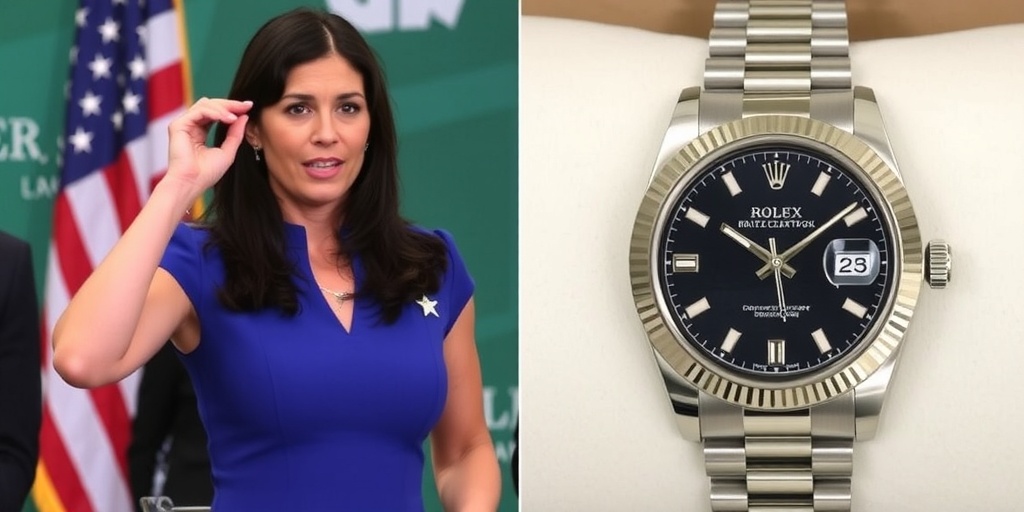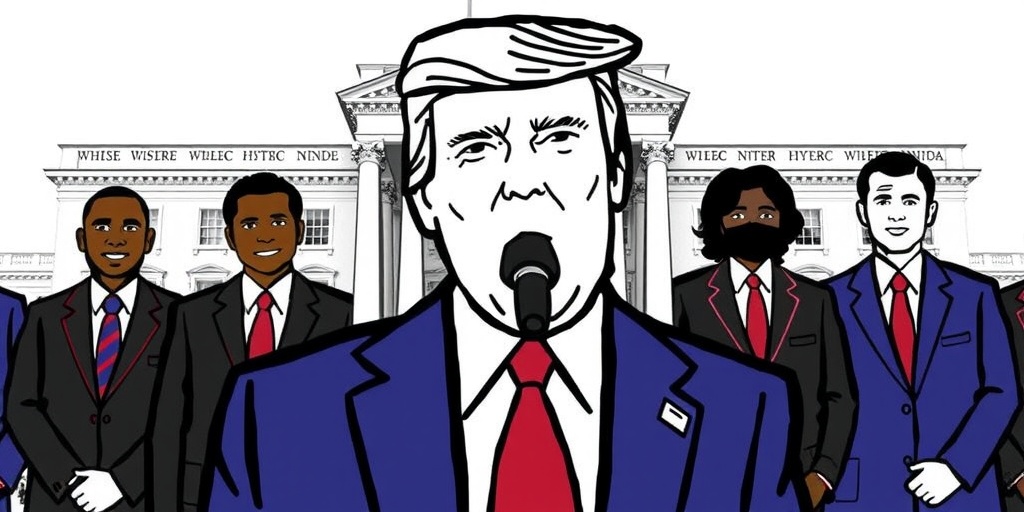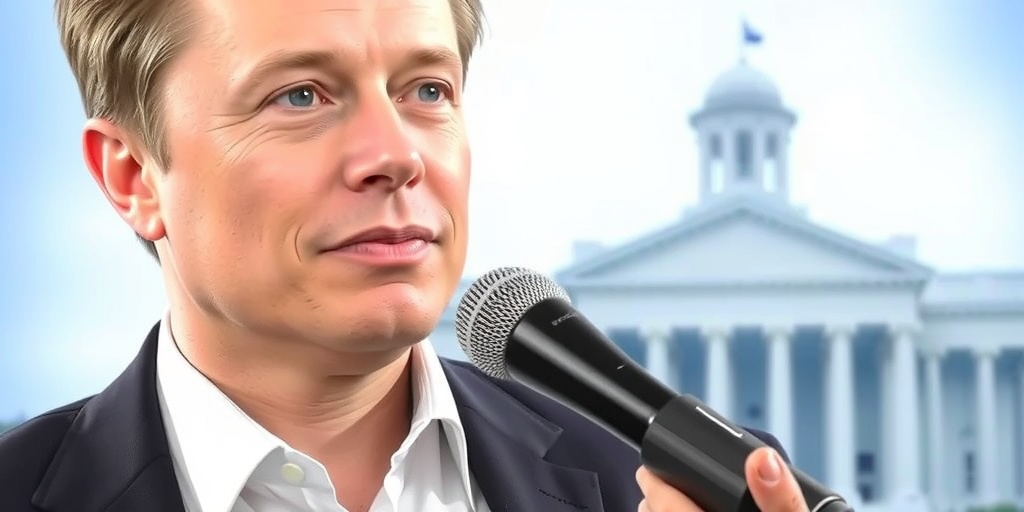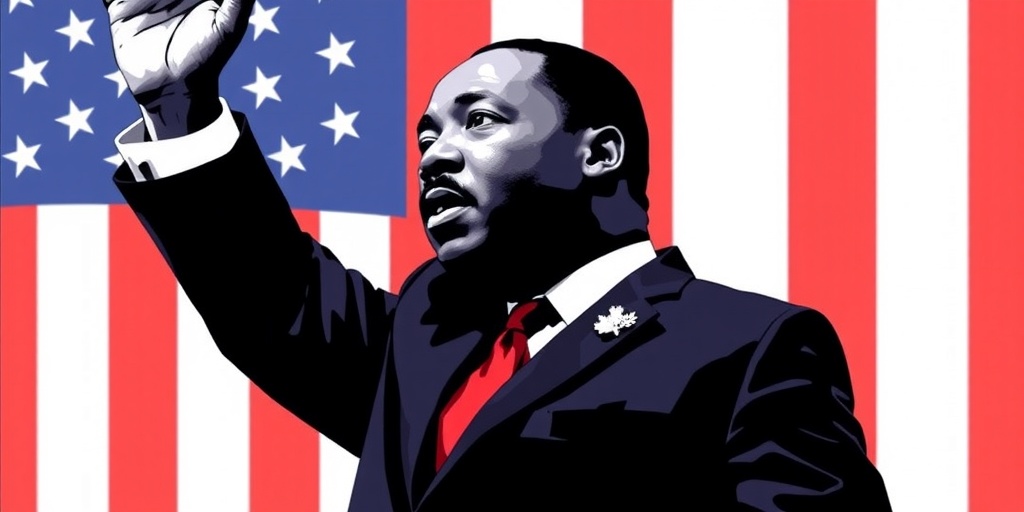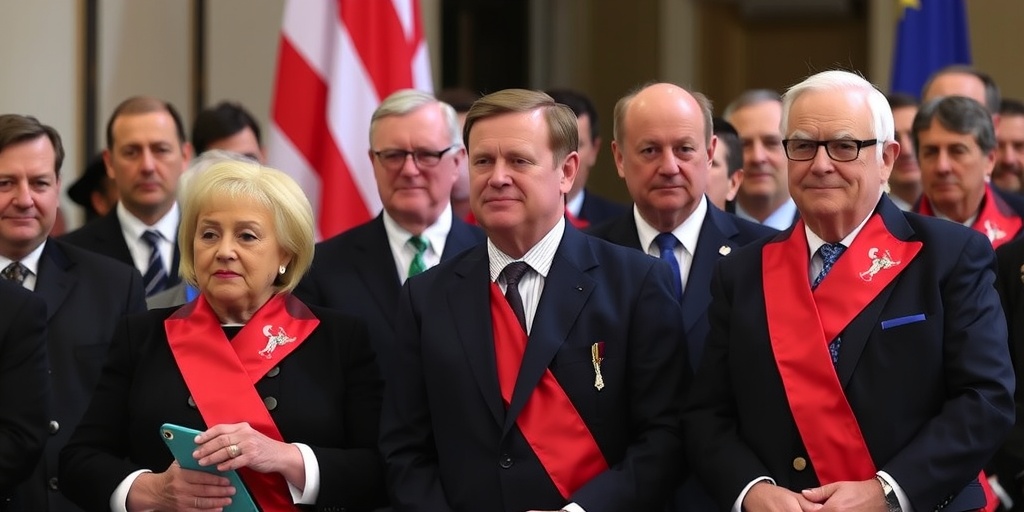Now Reading: Key Highlights to Watch on Trump Inauguration Day
-
01
Key Highlights to Watch on Trump Inauguration Day
Key Highlights to Watch on Trump Inauguration Day
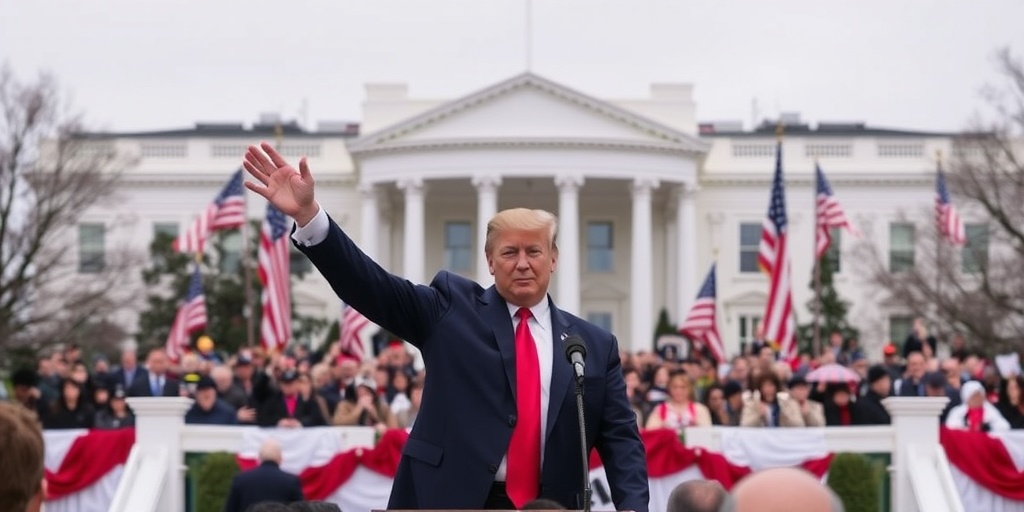
On the eve of a new presidential administration, President Biden will be faced with a crucial moment to exercise his clemency powers, marking one of his final acts in office. As Donald J. Trump prepares to be sworn in as the 47th president of the United States, the inauguration will take place amidst wintry weather, diluting some of the usual grand festivities associated with such an event. However, unlike the previous inauguration marked by controversy and an assault on democracy, this transfer of power is expected to be carried out without disruption.
Monday promises to be a day filled with significant developments, starting with Mr. Trump’s swearing-in ceremony, which is set to commence just before noon Eastern Time in the Capitol Rotunda. In a departure from the past, Mr. Trump is scheduled to meet with Mr. Biden at the White House in the morning—a traditional gesture that was notably absent four years ago. Following the ceremony and Mr. Trump’s Inaugural Address, he will retire to the President’s Room adjacent to the Senate chamber. It is there that he will engage in the ceremonial signing of nominations—a practice that has been a part of inauguration ceremonies since 1981.
Beyond the ceremonial aspects, Mr. Trump has indicated that he will quickly pivot to major policy announcements that could include executive orders and signings of significant legislation. Given the fast-paced nature of his agenda, the newly inaugurated president could be expected to act rapidly on several fronts.
In the wake of the swearing-in, a flurry of executive actions appears imminent, especially concerning immigration—one of Mr. Trump’s signature issues. Tom Homan, who has been appointed as Mr. Trump’s border “czar,” has hinted at bold and transformative actions intended to generate “shock and awe.” This could involve a series of executive orders aimed at tightening border controls and altering asylum procedures. Recent reports have suggested that the Trump administration is contemplating immigration raids targeting individuals present in the U.S. illegally, priming for possible enforcement actions as soon as the following day.
Another pivotal area of focus will be Mr. Trump’s stance towards individuals prosecuted for their roles in the January 6 Capitol attack. For weeks, he has publicly advocated for pardons to be granted to those who participated in the insurrection. While there’s uncertainty about the extent of clemency he may offer—specifically regarding those convicted of violent crimes against law enforcement—it remains likely that some pardons could be issued, potentially benefiting around 1,600 defendants, several of whom are still serving time.
Alongside immigration and potential pardons, Mr. Trump has signaled his intention to address the ongoing debate surrounding TikTok. Over the weekend, he indicated that any enforcement of a legal ban on the app would be deferred, instead opting to extend the deadline for the app’s parent company, ByteDance, to divest its U.S. operations. This move could alleviate immediate market pressures surrounding the social media platform while possibly setting the stage for future negotiations.
Additionally, Mr. Trump’s Day 1 promises extend further into various other policy areas. He has committed to imposing tariffs on trade with Mexico and Canada and initiated measures to declare Mexican drug cartels as foreign terrorist organizations. Moreover, a promised halt to refugee resettlements reflects the administration’s broader immigration priorities.
As Mr. Trump’s administration gears up for its first day, legislative action is also anticipated on Capitol Hill. The Senate is set to deliberate a critical bill aimed at facilitating the deportation of migrants with uncertain legal standing who are accused of committing minor crimes. This bill, known as the Laken Riley Act, has already received House approval and stands to be among the inaugural pieces of legislation that Mr. Trump could sign into law.
Compounding these domestic matters, Mr. Trump will be confronted with significant global challenges, notably pertaining to an ongoing cease-fire agreement between Israel and Hamas, now entering its second day. The peace deal, which the incoming administration has claimed credit for, was recently brokered during President Biden’s tenure. Furthermore, the Trump administration will need to navigate a complex geopolitical landscape, including the continuing conflict in Ukraine.
All these unfolding developments illustrate not just a transfer of power, but a potential recalibration of both domestic and foreign policies that could shape the U.S. landscape for years to come. The coming days will set the tone for Mr. Trump’s presidency as he seeks to fulfill campaign promises and execute an agenda steeped in urgency.
Stay Informed With the Latest & Most Important News
Previous Post
Next Post
-
 01New technology breakthrough has everyone talking right now
01New technology breakthrough has everyone talking right now -
 02Unbelievable life hack everyone needs to try today
02Unbelievable life hack everyone needs to try today -
 03Fascinating discovery found buried deep beneath the ocean
03Fascinating discovery found buried deep beneath the ocean -
 04Man invents genius device that solves everyday problems
04Man invents genius device that solves everyday problems -
 05Shocking discovery that changes what we know forever
05Shocking discovery that changes what we know forever -
 06Internet goes wild over celebrity’s unexpected fashion choice
06Internet goes wild over celebrity’s unexpected fashion choice -
 07Rare animal sighting stuns scientists and wildlife lovers
07Rare animal sighting stuns scientists and wildlife lovers













